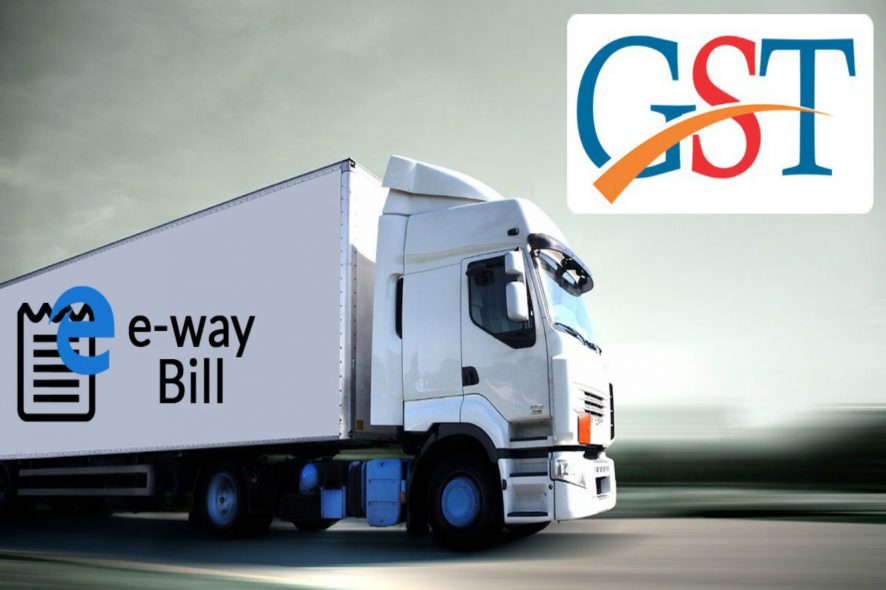After some trial runs, the crucial anti-evasion measure under the goods and services tax (GST), e-way bill, is now mandatory for transporters across the country w.e.f. 01-02-2018. According to a steady-state estimate, 7-8 lakh such bills will be generated daily. Under the e-way bill system, every inter-state movement of goods with a value of over Rs 50,000 and being moved beyond 10 km, the transporter will have to generate an electronic bill on the designated portal. The bill will have the details of consignment, supplier and recipient, which is expected to help the tax department in verifying self-assessed tax returns filed by taxpayers. During the trial period that began from January 16, almost all states had come on board and the system generated 28.4 lakh bills 30-01-2018.
GST Network, the IT backbone for GST, saw 3.4 lakh e-way bills being generated on 30-01-2018. Additionally, during the trial run, 11,581 transporters registered for e-way bill system. These are those transporters who are not registered under GST. Under the GST regime, businesses which have a turnover of up to Rs 20 lakh per annum need not register under GST.
The e-way bill can be generated through various modes like web (online), Android app, SMS and excel-based bulk tool among others. Consolidated e-way bill can be generated for vehicle carrying multiple consignments. The transporters can manage sub-users and allocate roles to them, GSTN said in a statement. This way large transporters can declare their various offices as sub-users.
Further, there is provision for cancellation of e-way bill within 24 hours. The validity of these bills is fixed as one day for every 100 km or part thereof. E-way bill is a unified and simple system which establishes direct linkage between what is declared and what is actually moved. It will bring greater transparency and enable hassle-free movement of goods.
[Source: The Financial Express]







